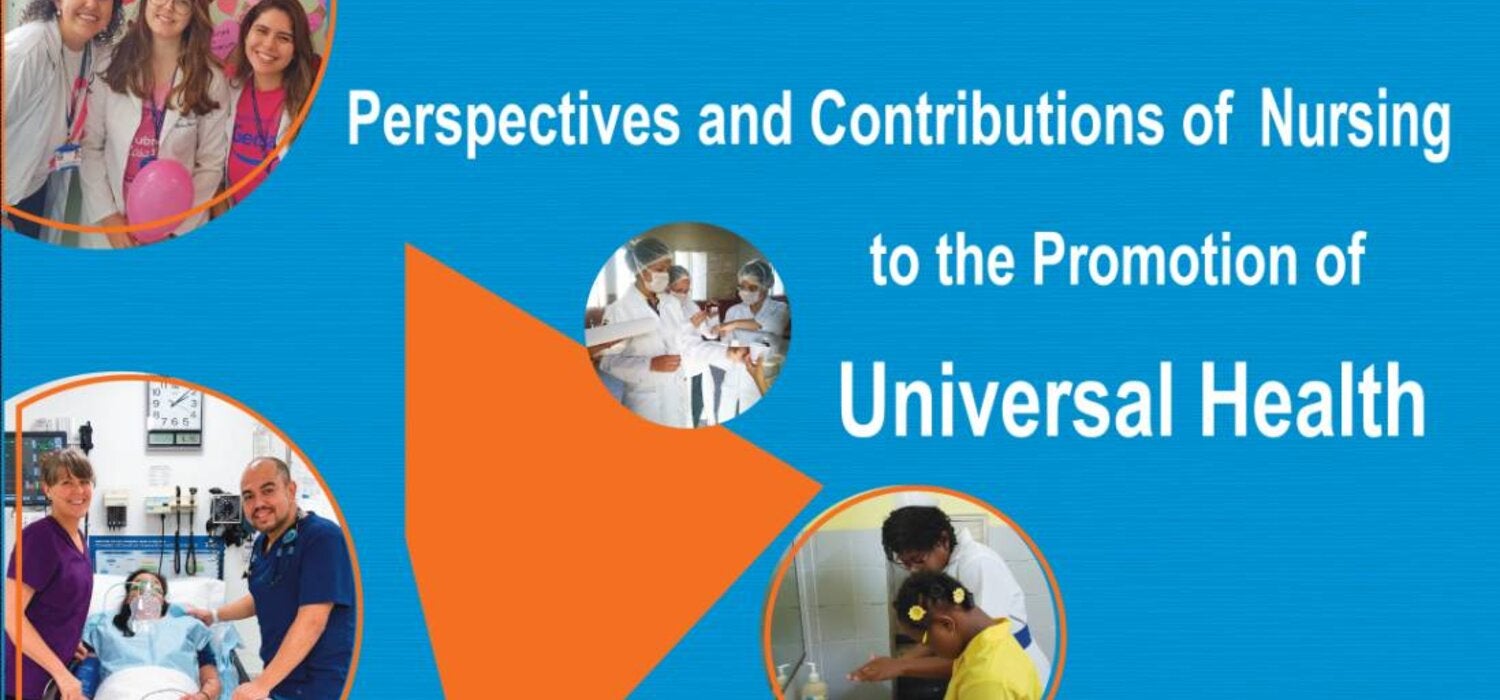By Hazel Brown, Joanna Rose-Wright, Carvell Bailey
The population of the Cayman Islands is 65,813 of whom 36,705 are Caymanian. The School Health Program presently serves 46 schools and 9,106 students, from preschool to high school, both public and private.
The Cayman Islands School Health Program is a nursing program formally established in 1987 as a joint effort of the Public Health Department, Ministry of Health and Ministry of Education, with the goal of optimizing each child’s capacity to learn by identifying health problems affecting learning at an early age, making the appropriate recommendations/ referrals, and minimizing time spent out of class for health care purposes by promoting health and preventing illness.
The program promotes improvements in sexual and reproductive health, obesity reduction, and physical activity, self- care among youth with chronic health conditions such as asthma or diabetes, smoking cessation, and the prevention and management of infectious diseases through immunization.
The Program works towards achieving these outcomes through several measures: providing screening for hearing and vision defects, conducting periodic physical assessments for early identification of health problems affecting learning; providing immunizations to minimize risk of preventable communicable diseases; providing easily accessible health care for minor illnesses; making referrals to appropriate agencies for problems identified or suspected; providing rapid response to health crises in schools; and providing education for promotion of health and prevention of illness.
All students entering school in the Cayman Islands for the first time are required to undergo school en- try screening. The screening consists of personal and family history, hearing and vision testing, a physical examination and administration of required immunizations. Annual health screening for approximately 700-750 children aged 4-6 years is conducted during the months of July and August. Subsequent health screening includes follow-up vision assessment for all students if indicated, and BMI, vision and hearing screening for students aged 10-12 prior to entering high school.
The following vaccinations are offered to students through the school health program: MMR, DPT/IPV, Tdap, hepatitis B, varicella and HPV. Written consent is required from parents for all vaccines administered in school. Flu vaccines are also offered to the school staff and families of students.
Other services provided by the Cayman Islands School Health Program include a dietician, who provides guidance on healthy dietary options through health education sessions, and in partnership with the Ministry of Education, advising on policies and school menus for both private and public schools. Dental health services are provided by schools, and districts, dental officer, dental auxiliaries and part-time dental hygienists.
School nurses conduct health education on an individual basis and in classroom settings, with sessions covering a wide range of topics relevant to health, growth and development. Topics addressed include HIV/AIDS, nutrition, genetics, hygiene, growth and development, communicable diseases, safety and family planning. Additionally, health education for teen mothers through a teen pregnancy program is available. Nurses also provide onsite medical treatment for the students at schools that includes, but is not limited to, simple dressings, minor sports injuries, and assessment and treatment of medical conditions and injuries presented. If further care is necessary, referrals are made to the relevant parties (parents, family medical doctor or ambulance services).
The Cayman Islands School Health Program overcomes barriers to accessing care such as lack of transportation, inconvenient locations and appointment systems, and minimizes time spent out of class for health care purposes. The Program’s services are provided free of cost to all students. This cost-benefit helps to reduce health disparities among families, allowing children and adolescents of underserved, low-income and high-risk households access to basic health care. It further reduces the burden on hospitals and clinics.
The Program promotes improvements in sexual and reproductive health, obesity reduction, physical activity, self-care among youth with chronic health conditions such as asthma or diabetes, smoking cessation, and the prevention and management of infectious disease through immunizations. It has proven its effectiveness in the reduction of certain infections. Nurses in the Cayman Islands School Health Program are providing primary health care to students and their families, increasing access, reducing costs and improving health outcomes in their communities.



